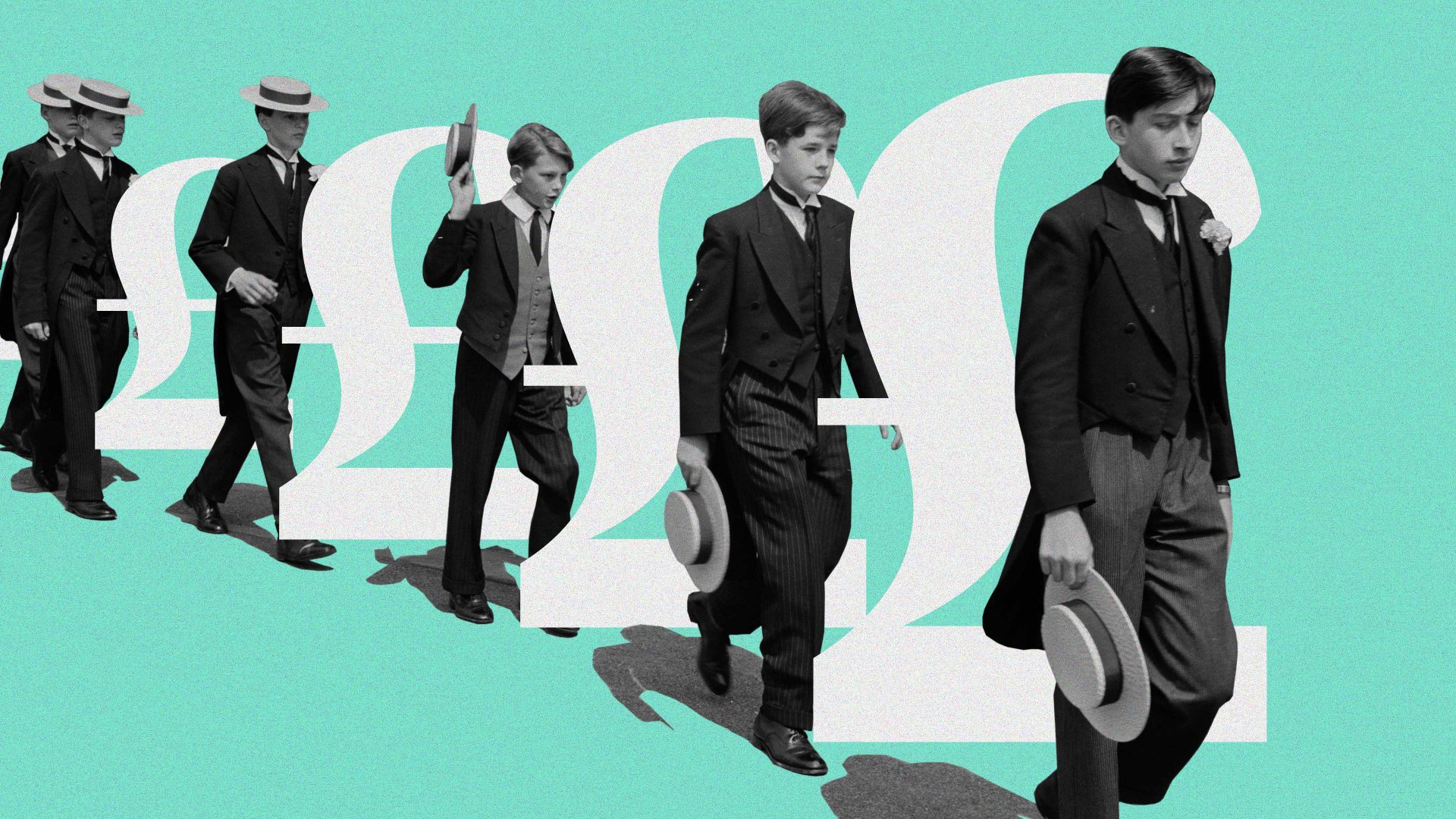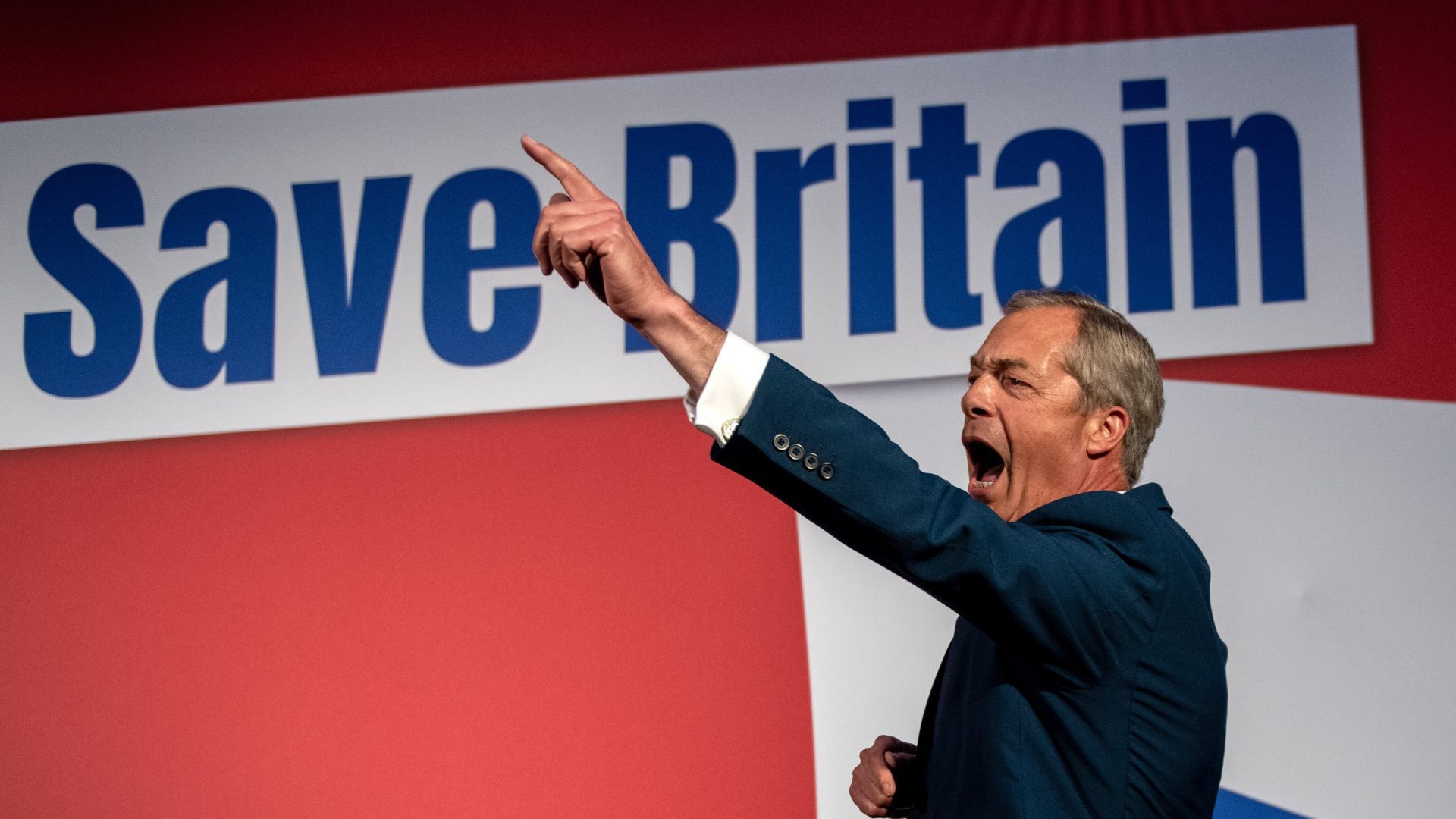If our divided nation can agree on anything, it’s that whoever wins the next election has some serious problems to address – and most of us would probably also agree that Rishi Sunak did not do much during his premiership to tackle those problems.
Some issues are just matters of ideology: the Liz Trusses of the world believe that the UK needs lower taxes and less regulation, to cast a post-Brexit future as Singapore-on-Thames. For others, nationalising essential services is an end in itself.
But there are issues that cut across normal political divides simply because they are hard to fix and haven’t been fixed – things like how we manage social care for an ageing population so that it is compassionate, effective and doesn’t bankrupt people in their last years of life.
Other issues might be less urgent, but are no less important: what approach should the UK take on assisted dying? What should we do about emerging technologies like artificial intelligence or genetic modification? What should our relationship with the EU look like?
Conventional party politics deals with these issues badly, but new approaches are being trialled for these often-intractable problems – involving normal citizens directly, giving them access to independent advice and expert briefings on the topic at hand (from different perspectives), and asking them collectively to come up with recommendations. These are known as citizens’ assemblies.
Some of these exercises are just conducted by pressure groups or think tanks, and so don’t do much to directly influence politics – but Ireland used a citizens’ assembly to help draft a policy permitting abortion that was then put to the nation in a referendum, which passed.
Now, the EU Commission is convening citizens’ assemblies from across its 27 member states to formally feed into its policymaking. The New European sat in on the final weekend of a recent citizens’ assembly on tackling hatred in society – the only non-EU media to do so – to see what bringing “real people” into the heart of policymaking looks like in practice.
Anyone with the cynicism that comes from following politics will probably be suspicious of citizens’ assemblies. To the British mindset, they seem a little idealistic: surely the politicians can just rig who comes along, or what they say? Who would even take part – do they have to be paid to do so?
For those participating in the EU process, there was a painstaking level of transparency as to who had been chosen and how: 150 EU citizens had been contacted, with the number from each country weighted to its population – so bigger countries had a few more attendees than smaller ones, though each EU member state had at least two people in attendance.
The panel was weighted so that around a third were under 26, but otherwise people were selected through the simple process of organisers ringing random phone numbers until someone answered and agreed to take part. For each of the 150 chosen, the process had begun with a phone call out of the blue asking if they would give up three weekends to help EU policymaking.
Those people were filtered slightly – people with too much expertise on tackling hatred or extremism were excluded so as not to “lead” the others – and offered a modest €90 a day (plus paid expenses) to compensate for their time.
No participant mentioned money as a motivating factor in taking part. Instead, more than one mentioned that the chances of being selected for this assembly were at least 3m to one, and they felt delighted to be included. The handful of reporters (and larger group of online influencers) in attendance were sternly reminded that we were there to listen, not speak – and certainly not to vote in the policymaking. A code of conduct was even presented.
The mix of people, though, was extraordinary. The youngest participant had turned 16 the weekend before the first meetings, while the older would only say she was “in her 70s”. In the course of a few minutes at the bar I met a Finnish woman who had not worked since she was 48, more than 15 years ago.
“I don’t usually drink,” the other Finnish participant who had joined her at the bar said, sipping a chocolate martini – “but this is a once-in-a-lifetime special occasion, to be somewhere like this and meeting people like this.”
She had befriended a Belgian man working in after-sales for Jaguar Land Rover, and eventually a mixed group of 10 people from five countries went out together for dinner – agreeing on (halting) English as a lingua franca, and opting, inevitably, for pizza.
Inside the formal sessions, though, the group was all business – eventually. The assembly met in formal plenary and conference rooms used by actual EU diplomats, surrounded by the discreet glass-panelled booth containing translators, who interpreted proceedings in 20 languages in real-time into headsets so that everyone could participate in their home language.
Delighted attendees grabbed selfies in the elaborate conference rooms before getting into the business of plenaries. The groups were reporting back on their “problem statements” – defining the issues around hatred in European societies that they wanted policies to address – before splitting into subgroups to tackle the particular issues they had chosen.
The groups had access to expert advisory panels, but were not shy to push back against them. Several groups wanted the EU to produce its own news services to counter populist media – an idea which the experts and EU officials alike pushed back against, but with little success.
The citizens were also notably angrier with the performance of mainstream media against hate in society than most politician-led reviews dare to be.
Nonetheless, the proceedings were surreal – whether because the formal EU surroundings had infected the participants, or else because the translators were not deviating from their usual language, the sessions were soon full of citizens congratulating their “colleagues” on their “excellent documents”, as if two weekends in Brussels was enough to turn anyone into a hardened Eurocrat.
People brought their personal experiences into the room, and more than one had direct experience of hate. One participant recounted that after the very first day someone had said to the whole group: “I’m a queer person, I have friends who were killed in hate crimes in Bratislava.”
To the experts convening the panel, this was a good sign: though virtual strangers, the people in the room trusted one another.
Eventually, of course, the assembly members need to go home – and this is where doubts crept in for some. Would any of this actually go anywhere? The EU staffers had answers on this that at least sounded reassuring: the work of the assembly had been codified into 18 separate policy recommendations, on which the full panel had voted.
The EU had a formal structure to integrate these with the EU Commission’s own work, and to feed them into the European Parliament (once it is elected). They are also required to keep the participants informed as to what has happened with their work, and if any of it has made it into the real world.
It is reassuring, but not quite reassuring enough. “I’m not sure if anything changes because of this panel – but we’ll see,” one woman said cautiously.
Evidence collated by the OECD suggests there are reasons to be cautious – of the several hundred documented assemblies, most have led to no concrete action, though those run by governments or parliaments have a better success rate.
Still, involving citizens suggests a way to break the deadlock on some difficult issues. If a UK process managed even to involve people with less cynicism and world-weariness than career politicians, it might have a chance – and there are ways to involve citizens in policymaking without immediately committing to the full, convoluted EU approach.
The cross-party think tank Demos is working on a paper, to be published during the election campaign, on how government can directly involve citizens in policymaking. The recommendations will range from full-blown citizens’ assemblies to departments trying to involve participation in “business as usual” decisions.
Digital technology could mean designing services alongside people who use them, with instant feedback – and audits of changes soon after they are made. “Any incoming government will have to take hard decisions in a tough economic context. Even with a large parliamentary majority, taking the public on this journey will be difficult,” said Demos’s Miriam Levin.
“We need new ways to tackle the challenges we face, by involving the public whose day-to-day lives are affected by the policy decisions in Whitehall to produce policies that work better for people and help restore trust in politics,” Levin said.
Perhaps a citizens’ assembly in the UK could never have the effect that an EU-wide one did on its participants – many of whom had never been to Brussels before, and none of whom had never been part of a group with people from so many different countries before.
As a propaganda tool, it would never really work – you will never get all 500 million EU citizens to an assembly, however many you hold – but its effect on those who were there was unmissable.
“I used to feel I was a French man,” said one person as proceedings closed. “I now feel that I’m a European man.”
Disclosures: James Ball is a Fellow at Demos. The European Commission covered the cost of train fares to and from and accommodation in Brussels for the citizens’ assembly




